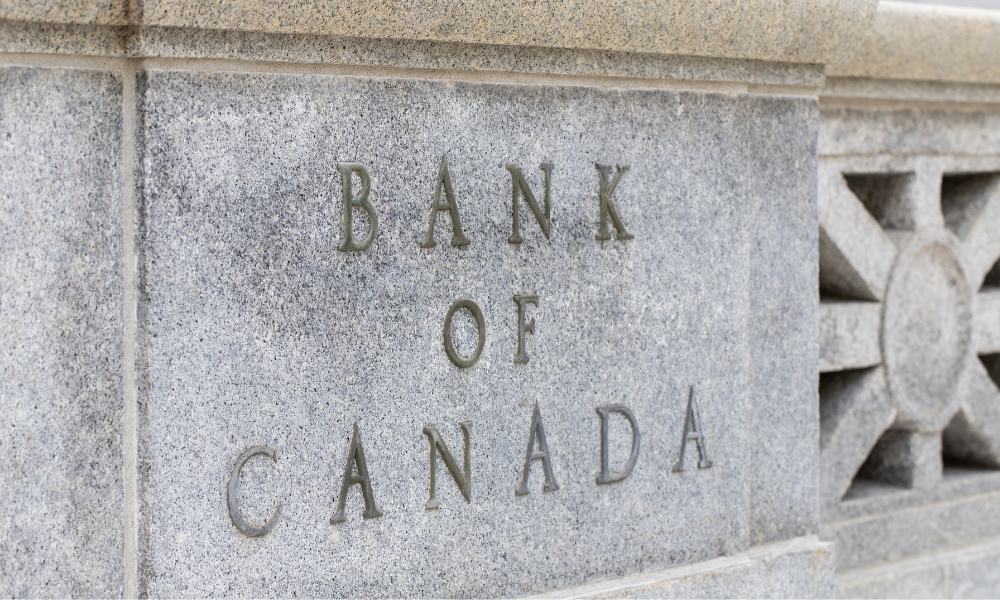Preference to collect dividends from companies over selling shares can make sense – up to a point

In many ways, the irrationality of the human mind can create behavioural traps and pitfalls for investors. But sometimes, psychological biases can prove to be helpful.
One example, as explained by Dr. Meir Statman of Santa Clara University’s business school, revolves around many investors’ irrational preference to collect money from dividends rather than generating “homemade dividends” from selling shares of a company’s stock.
“Rational investors would prefer homemade dividends to company-paid dividends because they can time homemade dividends when it is best for them,” Statman said in a piece published by the Wall Street Journal.
Since company-paid dividends are distributed at the discretion of companies, he said, investors who prefer this approach typically end up beholden to the rhythms of company earnings and other periodicities that may be relevant to corporations. In addition, company-dividends are likely subject to higher tax than homemade dividends.
“Homemade dividends do involve transaction fees as investors sell shares, but these fees are now pretty close to zero,” he said. “Many normal investors, however, prefer company-paid dividends to homemade dividends.”
The bias toward company dividends, Statman said, can make sense when considering how normal investors divide their investment gains into the mental pots of “income” and “capital.” He noted that when it comes to financial self-control, the principle many investors live by is to “spend income but don’t dip into capital.”
These purely mental categorizations, he suggested, can be useful for people who have limited self-control when it comes to spending. Having some investment gains come in separately as company-paid dividends, he said, puts a firm ceiling on the amount they can spend, while collecting the same amount in dividends opens the door to collecting and spending even more when temptation comes knocking.
“Still, dividing money this way can backfire,” Statman said, highlighting the human desire to avoid the pain of financial regret.
He explained that investors who choose to collect homemade dividends by selling shares of a company, only for the share price to increase afterward, are likely to kick themselves for the decision. Receiving company-paid dividends, on the other hand, allows investors to distance themselves for any such perceived mistake.
“But the pain of selling stock—and then watching the price rise—should not be determining which form of money we ‘prefer’ when we need $1,000,” he said, emphasizing that strokes of bad luck are unavoidable. “Avoiding selling stock and waiting for dividends because of the fear of regret may be what a normal investor would do. But it isn’t rational. And it probably isn’t smart.”



